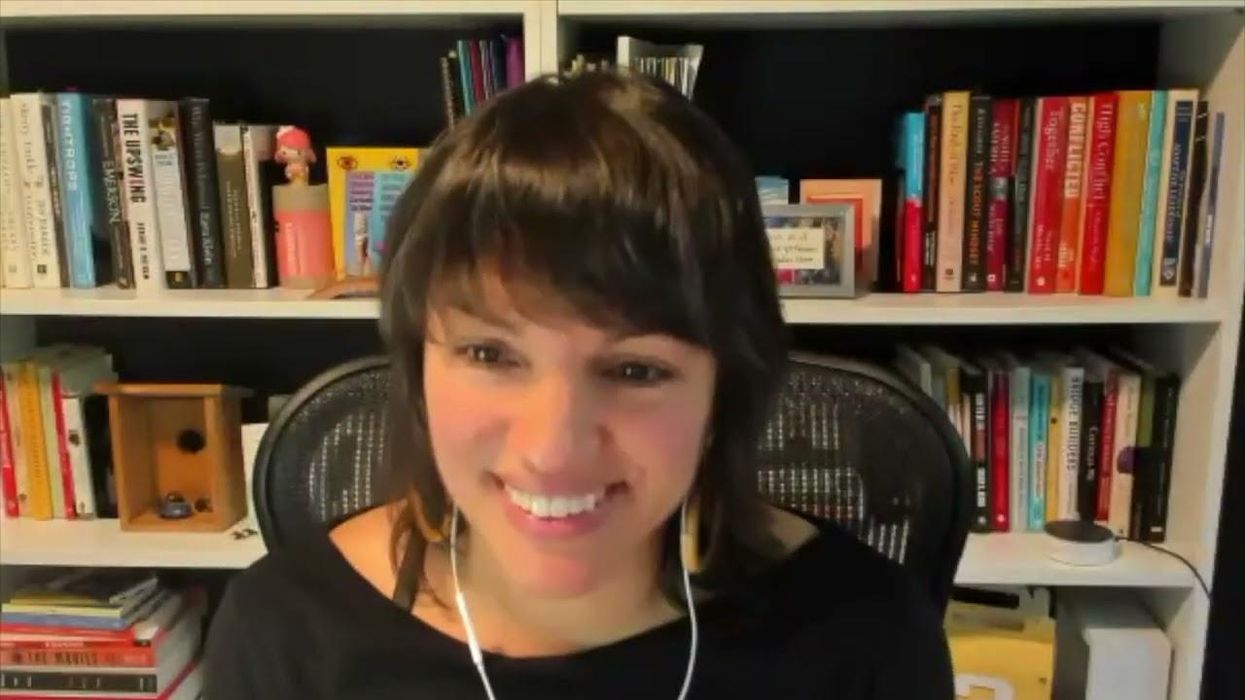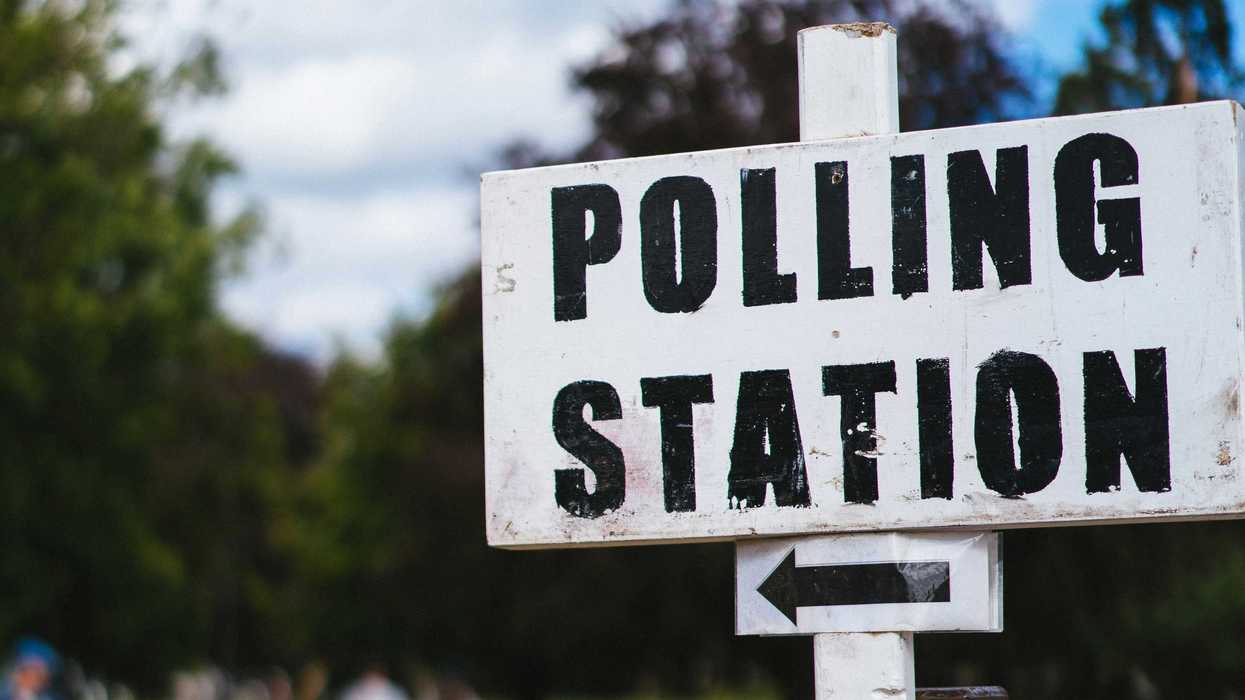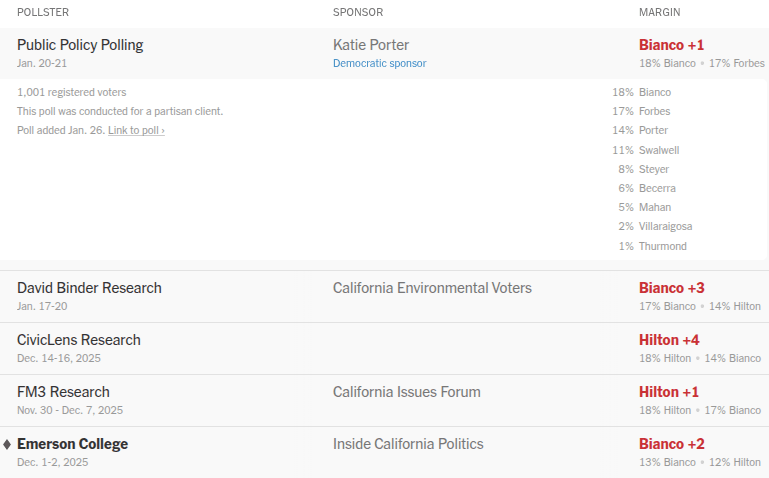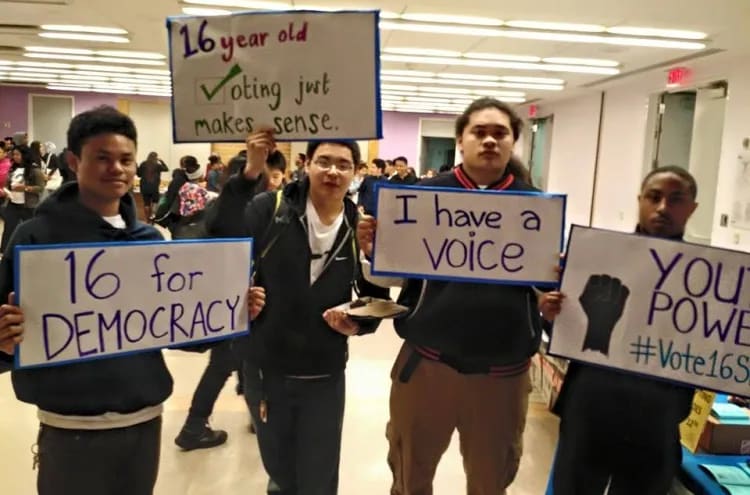“The struggle between ‘for’ and ‘against’ is the mind’s worst disease.” In this episode of the Braver Angels Podcast, NYU professor and best-selling author Jonathan Haidt considers some of the big, hairy questions that challenge political bridge building.
Can we ever really claw our way out of tribalism? What would it take to fix the structures that warp our thinking? And what does this leading scholar of morality make of the popular notion that you can’t engage some ideas across the political divide and still be good?
Listen as Haidt — author of The Righteous Mind, The Coddling of the American Mind, and the upcoming Life After Babel: Adapting To A World We Can No Longer Share — joins Braver Angels’ Mónica Guzmán for a conversation that explores everything from Haidt’s favorite bit of ancient wisdom to the problem with kids these days (especially girls on the Left) and what it might ultimately mean to be loyal to truth.






















